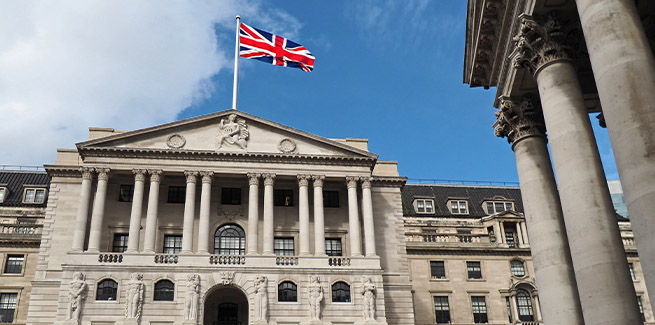The Bank of England has announced a pre-emptive monetary policy adjustment, cutting its bank rate by 50 bps to 0.25 per cent.
According to the central bank, its decision was made in response to growing economic challenges posed by the coronavirus (COVID-19), which the World Health Organisation (WHO) has officially declared a pandemic.
“The reduction in bank rate will [help support] business and consumer confidence at a difficult time, to bolster the cash flows of businesses and households, and to reduce the cost, and to improve the availability, of finance,” the Bank of England noted.
In addition to its rate cut, the Bank of England has announced a new “Term Funding Scheme” aimed at providing small businesses with low cost credit, and a reduction to the counter-cyclical buffer to release bank capital.
This follows the Federal Reserve’s emergency cut to its funds rate ahead of its monetary policy board meeting, which was also designed to soften the economic impact of the virus.
Earlier this month, the Reserve Bank of Australia (RBA) also cut the cash rate for the fourth time in less than 12 months, lowering it by 25 bps to a new record low of 0.5 per cent.
Analysts are expecting the RBA to announce further monetary policy adjustments in the coming months, particularly amid cuts from their foreign counterparts, which threaten to inflate the Australian dollar.
According to AMP chief economist Shane Oliver, the RBA is likely to cut the cash rate by an additional 25 bps next month, before pursuing a quantitative easing (QE) policy.
[Related: Fed pulls emergency lever amid coronavirus fears]
